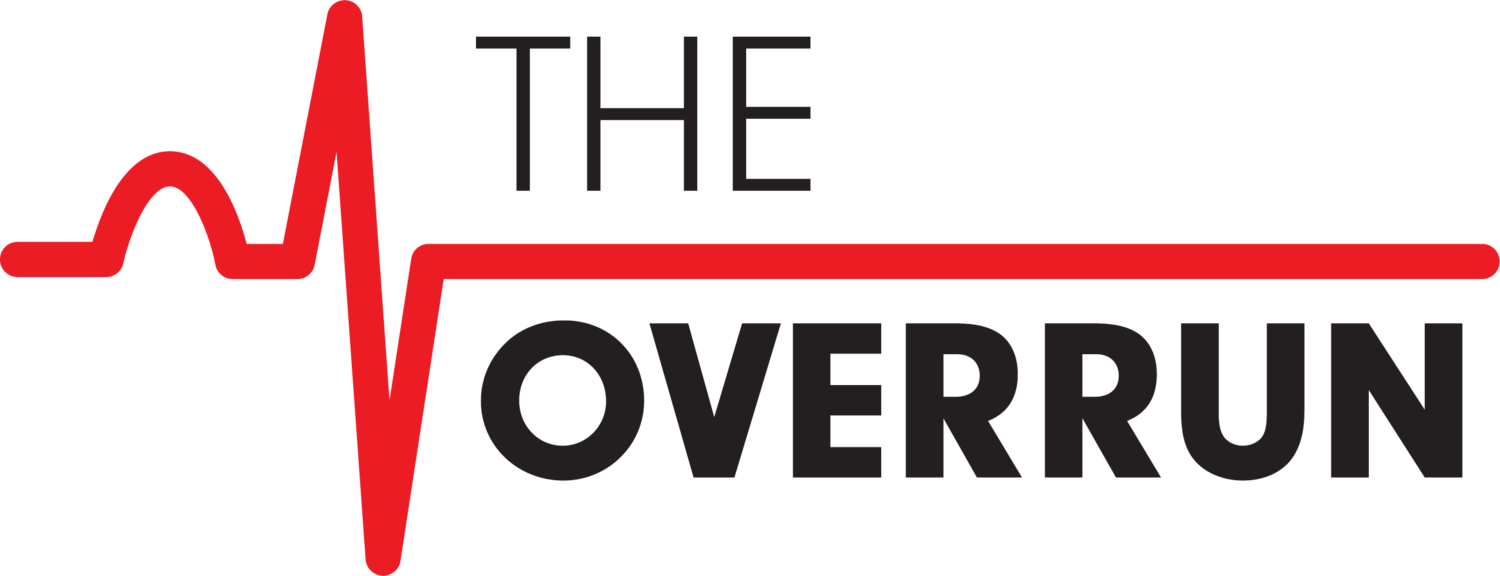All tagged EMS
Managing Acute Psychosis Emergencies
Dr. Mike DeFilippo talks about acute psychiatric emergencies and what we can do to help.
My Burnout
How I got burnt out. And how I am going to make it back.
POSTED IN GILEAD: WHAT TO DO ABOUT THE END OF ROE V. WADE
What do we do now as clinicians? How is the end of Roe v. Wade going to impact us?
IN DEFENSE OF MARY JANE
Should EMS clinicians be allowed to purchase and use recreational marijuana? If you haven’t been aware of this controversy, it will probably be coming to your area sooner than you think.
Rookieworld: What I WISH I had learned in EMT School
How can EMS education take these positives, these negatives, and the pandemic and mold it into a brand-new form of EMS education? An education system where we can feel somewhat prepared for the possibilities that we are coming into? EMS education owes it to the future paramedics and EMTs to teach us these skills AND how to mentally prepare ourselves.
Why is The Job Different?
Why does this happen to the around 1,100 EMS clinicians of FDNY*EMS, and not the 118 female firefighters of the FDNY? Why is it that the members of FDNY*EMS are given short shrift? Why is turnover so high in the command that paramedics leave to drive garbage trucks, EMTs stay only a few years before getting out, and so few stay on long enough that a pension may as well be a lottery ticket?
Maybe the answer is staring us in the face.
Looking Over The Edge: Moral Injury in EMS
The second year of COVID, looking over the edge into the abyss.
Rookieworld. Tradition and Being a Legacy
Ever feel like you won’t get it? Feel like things are moving too fast? Ever been new at something?
Welcome to Rookieworld.
Duty to Act
We need to change how we think. Now.
EMS WEEK 2020: Aftermath
Where do we go from here?
What I Wish I Learned Before I Pinned On Rank
As we end 2018 and head into the New Year, Dan shares what he’s learned about moving into a command-level position…and what the pitfalls are for those of us who choose to take the path.
What I wish I knew before entering Emergency Services- Kevin Mazza
“Empathy is a requirement, sympathy is the price we pay.”
Let’s dissect that statement here. Empathy, specifically affective empathy, is what we need to possess in order to properly and completely care for out patients. “’Affective empathy’ refers to the sensations and feelings we get in response to others’ emotions; this can include mirroring what that person is feeling, or just feeling stressed when we detect another’s fear or anxiety.” In order to treat the whole patient, and not just the monitor, we need to be able to sense their pain, fears, and anxiety. They teach this in nursing school, often called a holistic approach, and it’s something we do not do a good job teaching pre-hospital providers.
Thrown to the Wolves: Why 'Mental Toughness' Is What's Killing Our Coworkers. By Anna Ryan, NREMTP
My entire EMT class was a blur. The lessons were quick, the skills stations were chaotic, we had two chances to pass a test and if you didn’t pull off that magical 70% you were out! Go sell shoes! You don’t belong here with the road dogs. You’re not part of the elite. Before I knew it, 3 months had gone by and I was ready to sling and swath with the best of them. I was going to save lives, snatch grandma from the jagged jaws of death with nothing but a non-re breather and tube of glucose; I. WAS. READY.
Narcan: The Band-aid No One Knows How To Use. By Anna Ryan ,NREMTP
We’ve all had that call come across from dispatch that you know from the start is an overdose. “Man in car in abandoned parking lot, unresponsive and possibly not breathing.” The opioid crisis being what it is, the likelihood that we will be responding to a patient who has had just this side of too much is more likely than not. We go screaming down the boulevard, lights and sirens, and dispatch comes back and tells us that one Narcan has been deployed. Great!

















